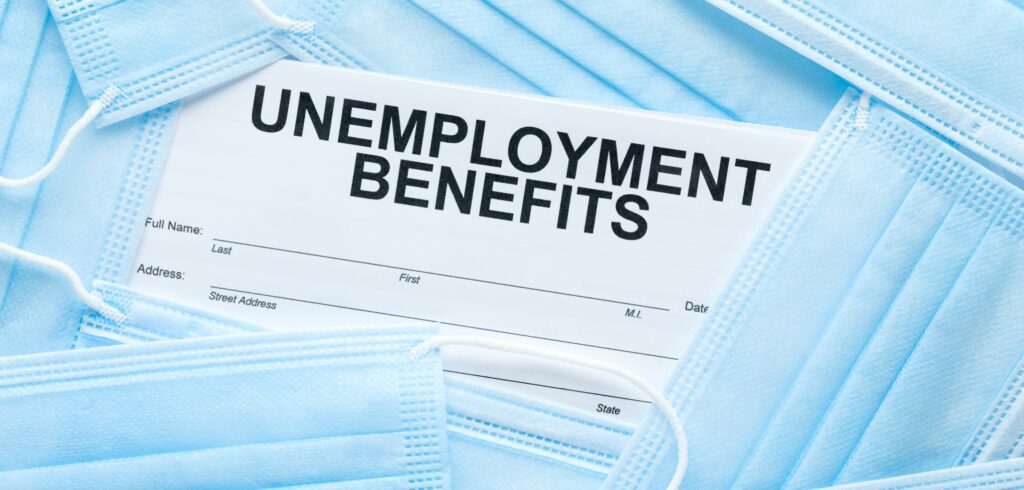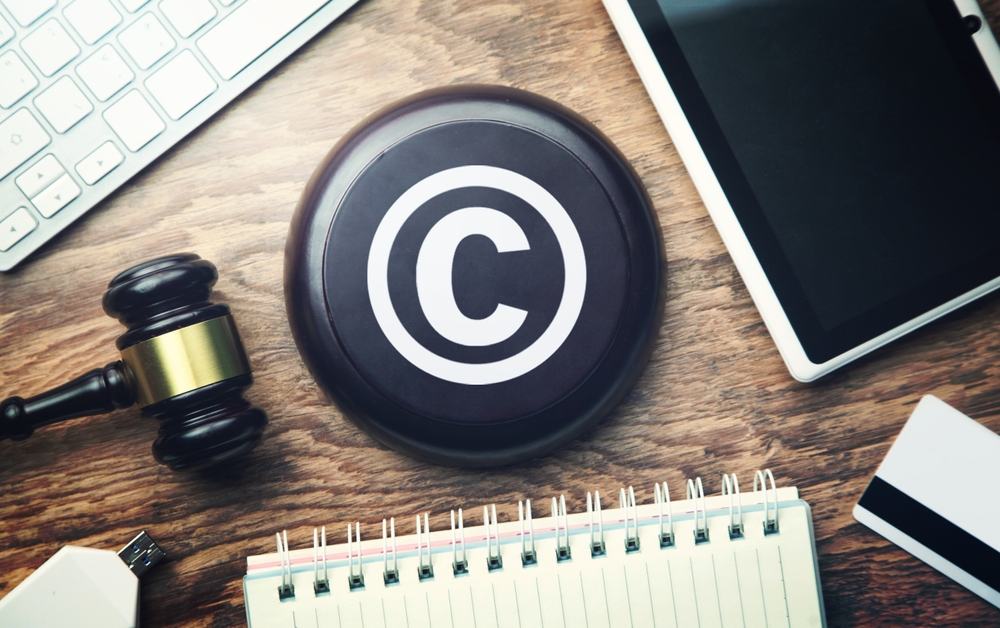[vc_row][vc_column][vc_column_text]The global pandemic has brought a host of negative consequences to the state of Illinois, including a significant increase in unemployment insurance fraud. Illinois Attorney General Kwame Raoul says his office has partnered with the FBI to combat the bad actors behind the massive fraud scheme, and a Task Force on Unemployment Insurance Benefits Fraud has been deployed with combined federal and state resources to address the issue.
How did this occur?
The fraud is thought to have its root cause with identity theft attributed to large corporate data breaches, not any state system breaches. As individuals conduct more and more business online due to COVID-19, they’ve shared critical personal information such as Social Security numbers, driver’s license numbers, dates of birth, addresses, and credit card information. That treasure trove of information is invaluable to identity thieves and is used to apply for unemployment insurance benefits for which they are not eligible.
State unemployment agencies around the nation are grappling with the demands of assisting unprecedented numbers of qualified claimants in desperate need of financial relief while ferreting out fraudulent activity. As of early January, the Illinois Department of Employment Security had stopped more than 350,000 fraudulent claims.
What should you do?
If you or someone you love receives a notice that an unemployment insurance claim has been fraudulently filed in your name, it is important to report that immediately to the IDES via its website. You may also consider the following steps to protect your interests.
File a police report.
Call the non-emergency number for your local police department. They will take down the initial information and help you file a full police report. Some departments will allow you to file in person, but note that wait times vary and access may be limited due to COVID-19 restrictions.
Request a copy of and monitor your credit report.
Your personal information has been compromised, so request a copy of and monitor your credit report for other suspicious activity.
File an Identity Theft Report with the FTC.
The Federal Trade Commission’s role is to protect America’s consumers, so you should file an Identity Theft Report. IdentityTheft.gov can help you create the report and the recovery plan, walking you through each step, tracking your progress, pre-filling forms and letters, and updating your plan as needed.
Determine if you want to place a credit freeze and fraud alert.
Contact one of the three nationwide credit bureaus (Equifax, Experien, and TransUnion) to place a free credit freeze or extended fraud alert on your credit report. An extended fraud requires businesses to verify your identity before extending new credit to you. This lasts seven years and is available only to identity theft victims. (You’ll need to create an Identity Theft Report first, outlined above.) A credit freeze stops access to your credit report altogether and is available to anyone. For more information on both options, visit consumer.ftc.gov.
File with the IRS.
Contact the IRS Identity Protection Specialized Unit at 800-908-4490 so they can take steps to secure your tax account and match your Social Security Number or individual taxpayer identification number. Also, fill out the IRS Identity Theft Affidavit, Form 14039.
Report the incident to your financial institution.
Make your bank aware of the situation and see if there are additional steps they would like to you take to protect your accounts and information.
Depending on your situation, you also may have to close any fraudulently opened accounts, remove bogus charges from your account, or formally correct your credit report. There are several resources available through the FTC and other agencies to streamline your efforts and reclaim your identity.[/vc_column_text][/vc_column][/vc_row][vc_row][vc_column][vc_column_text]The attorneys within our Employment & Labor practice area assist clients with a variety of unemployment claims and hearings before the Illinois Department of Employment Security, as well as a full range of federal, state, and local labor and employment laws.[/vc_column_text][/vc_column][/vc_row]





